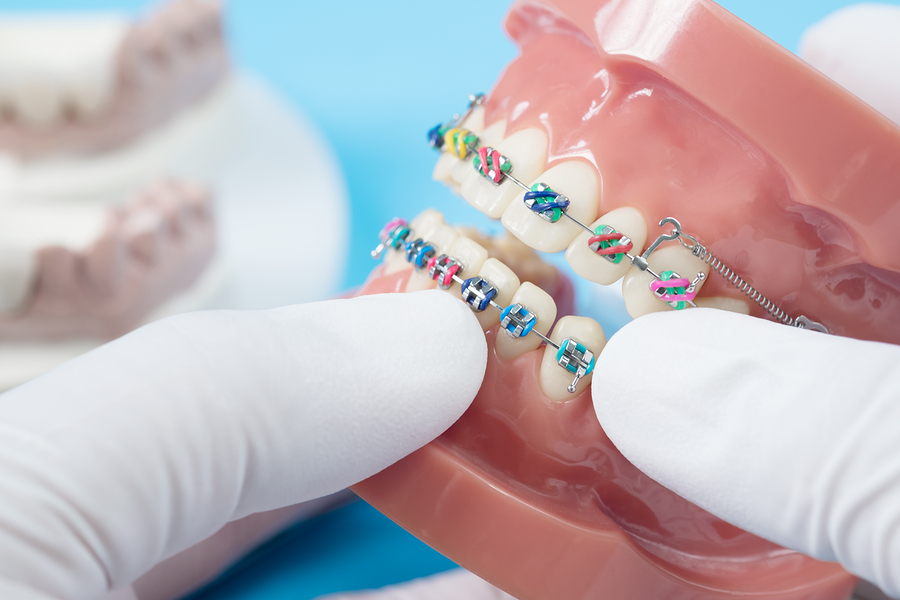If you’re a parent of a young child, you may be wondering what the ideal age is for your child to seek orthodontic treatment for the first time.
The answer might be much younger than you thought. Children should be seen for an initial visit no later than the age of 7, according to the Canadian Association of Orthodontists, and may be as young as 2 or 3 years old.
Why Should My Child Seek Orthodontic Treatment So Early?
Braces are for teenagers, right? So why is it recommended children seek orthodontic care so early?
Because there are some situations where early intervention is best. Early orthodontic intervention at a younger age may prevent problems from getting worse later, which could require much more invasive treatment and cost significantly more money.
Some common issues with the teeth and jaw that may warrant early treatment include impacted teeth (when teeth don’t fully emerge through the gum line), inadequate space in the mouth for adult teeth to grow in, and problems with the jaw.
This last one is particularly important. The jawbones continue to grow throughout the teen years but are more malleable in early childhood, making treatment easier. For instance, expanders can be used to create more space for teeth to come in or to reshape an abnormally shaped jaw, which is much easier to do when the jaw is very responsive to treatment. If the patient waits to address the issue until the jaw stops growing, surgery may be required to fix something that could have been fixed more cheaply and more easily with a simple orthodontic appliance.
Keep in mind that just because you take your child to seek orthodontic care at this age doesn’t mean they will be started on a treatment plan. The majority of children this age don’t have a problem that needs early treatment. For the ones that do, however, it’s better to take care of it sooner than later.
Beyond the Teeth: Snoring, Mouth Breathing, Bedwetting, ADHD, and More
There are other reasons to take your child for an early orthodontic consultation other than problems with the teeth and jaws. Some medical and behavioural issues may be best diagnosed and addressed by a dentist or orthodontist with the right training.
If you notice any of these symptoms in your child, consider taking them for a consultation with an orthodontic specialist:
- Snoring
- Mouth breathing
- Tooth grinding at night
- Nightmares
- Restless sleep
- Bedwetting
- Problems in school
As disparate as these symptoms appear at first, they could all be related to the same underlying problem: a nasal airway issue. A problem with the airway means your child is not able to breathe as easily as they should, which leads directly to snoring and mouth breathing as the body tries to get air. Sleep may be disturbed with nightmares, bedwetting, and tooth grinding. Unrestful sleep can lead to daytime sleepiness and behavioural problems in school, which may be misdiagnosed as ADHD. (Read more about this topic on the blog here.)
Because the underlying issue has to do with an airway, dentists and orthodontists are in an excellent position to diagnose and often treat the problem. This is another reason to seek orthodontic care when your child is young, especially if you notice any of the above symptoms. And remember – snoring in children is never normal, so definitely have that checked out.
Knowledge is Power
Some parents are resistant to taking their child to seek orthodontic care at such a young age, but I encourage you to go. There’s a good chance the dentist or orthodontist will find nothing to treat at this stage, and you can feel confident that your child’s teeth and jaw are growing as they should. If, on the other hand, the dentist or orthodontist identifies a problem to correct now, then you have information to act on and can make the decisions that are best for your family.

 Dr. Ami Barakat
Dr. Ami Barakat